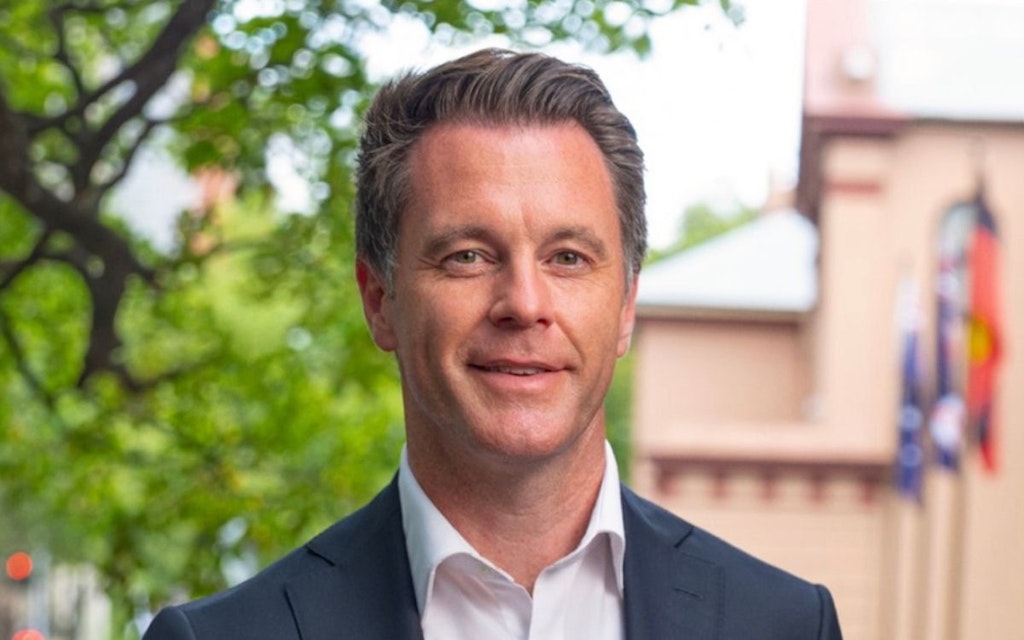Minns warns of ‘rude shock’ over NDIS-hospital funding deal
Published on 7 September 2025

New South Wales Premier Chris Minns has issued a sharp warning to the Albanese government, saying it should expect a “rude shock” if it pushes ahead with changes to the National Disability Insurance Scheme (NDIS) without a broader agreement on hospital funding. His comments highlight growing tension between Canberra and the states as pressure on both the NDIS and public hospitals continues to build.
Thriving kids program sparks backlash
At the centre of the dispute is the Thriving Kids program, announced in August as part of an effort to rein in the escalating costs of the $52 billion NDIS. The initiative will transition children with mild to moderate developmental delays and autism into mainstream supports such as schools, health clinics and community programs. The Commonwealth has pledged $2 billion to the program and wants states to match the funding.
State leaders say they were not properly consulted before the announcement. NSW and Victoria have voiced particular concern about being left to shoulder ongoing costs. Disability advocates, including the Australian Autism Alliance, have warned the shift could leave many families without adequate support.
A grand bargain on funding
Health Minister Mark Butler has tried to link the reforms to hospital agreements, describing the arrangement as a “grand bargain”.
“They need us for hospital funding as well. That’s the beauty of this bargain. We need them to get the NDIS into shape,” he said.
Speaking with Sky News Sunday Agenda, Minns pushed back strongly.
“I’m not going to sign a bad deal for New South Wales. My responsibility is for this state. If I’m not going to stick up for it, then who will?” he said.
Minns also criticised the federal government for falling short on hospital funding promises. “Forty-two point five per cent would be good. They actually agreed to 45 per cent over time. We’re a long, long way away from that.”
Aged care and hospital gridlock
The Premier connected the debate directly to aged care, pointing to the number of older people occupying hospital beds while waiting for a residential place.
“We’ve got a lot of aged care patients in our hospitals that could be discharged this afternoon, but there’s nowhere for them to go,” he said.
The gridlock is compounded by declining access to general practice. Minns noted there are 100,000 fewer GP visits in NSW compared with a decade ago, pushing more people into already crowded emergency departments.
Reform challenge
The federal government has committed to reducing NDIS growth to 4–5 per cent by 2029, down from the 24 per cent growth recorded between 2020 and 2024. Ministers argue that programs like Thriving Kids are essential to sustainability. But the backlash from states and advocacy groups shows how politically fraught the path ahead will be.
Former Labor minister John Della Bosca, one of the architects of the NDIS, recently acknowledged the scheme has become a “cure-all”, absorbing costs that should sit in health, education and community systems. Shifting some children out of the NDIS may be logical on paper, but execution and fairness remain open questions.
As Minns made clear, the real battleground will be the negotiation table. States want certainty on hospital funding before agreeing to major changes to the NDIS. Without that balance, the risk is yet another cycle of funding stalemates while vulnerable Australians wait for support.